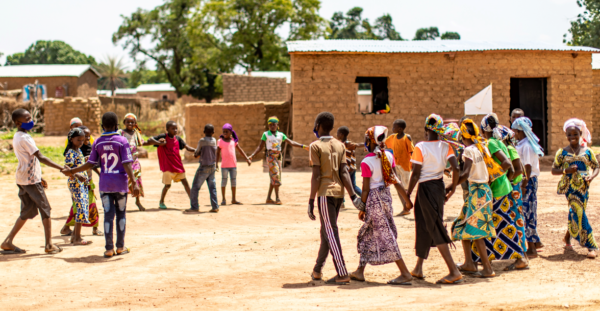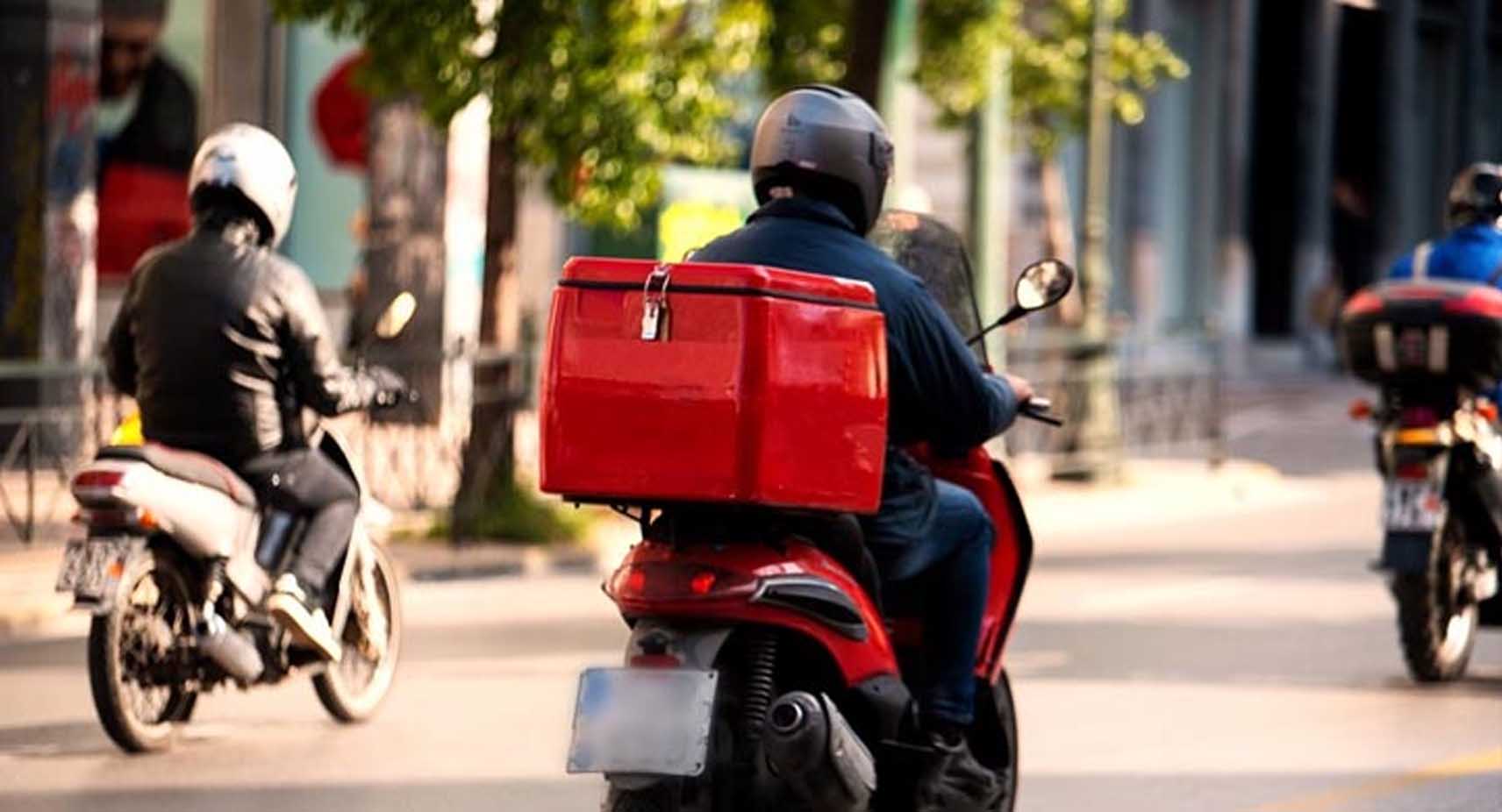BY KEN OBIEZU
In November 2022, the International Labour Organisation (ILO) stated that about 15 million Nigerian children are steeped in child labour. The disclosure highlighted just how much Nigeria is failing its children. It also shows that the current laws on child protection are not enough.
Strengthening Nigeria’s child protection law, as well as sensitising families and communities about the need to protect children, is key. Improving the economic conditions of families so that children are less vulnerable to exploitation would also go a long way. It would force a steep reduction in the number of out-of-school children, which currently stands at about twenty million, and further reduce child labour.
Nigeria passed the Child Rights Act in 2003. However, the law has struggled to find uniform and sufficient adoption across Nigeria’s thirty-six states. Five states, Adamawa, Bauchi, Gombe, Kano, and Zamfara, are yet to domesticate the law. They argue that some provisions of the law violate Sharia law as operable in the states.
Advertisement
The Nigerian authorities must rise to the occasion. Apprehending, prosecuting, and incarcerating those who force children into child labour is critical to winning the fight. Special courts and special units in Nigeria’s prosecutorial agencies should be created to lead the fight. Given just how ponderous the process can be in the conventional courts, this would be a game changer.
Robust legislation is critical in checking the activities of those who turn children into labourers.
The authorities must also move to shut down all those spaces where child labour is deployed. The businesses that exploit child labour must be abruptly halted while the full weight of the law must be brought to bear on those who run such businesses. Robust and effective legislation will play a leading role in this.
Advertisement
Agents of the government must sufficiently sensitise families and communities on the legal framework that guarantees the protection of the interests of children. Families and communities must also be told in no uncertain terms that children have rights under the law. They must also know that children cannot be commoditized under any custom, tradition, or superstition without consequences.
Nigeria’s failure to fix its education is as shameful as it gets. The pool of child labourers directly feeds off that of out-of-school children. Together, they continue to cripple the rights and freedoms that children can and should enjoy.
That pool must now be made to dry up. Education is vital in this wise. The capacities of schools to educate children must be expanded, and families must be sufficiently sensitized and incentivised to send their children to school for a better tomorrow.
The legal framework must also be improved to meet current realities. For example, it is a known fact that child marriage is illegal in Nigeria.
Advertisement
Since child marriage fosters child labour, implementing the laws that prohibit child marriage and prosecuting all those involved is crucial.
There is also a need to step up Nigeria’s poverty alleviation programmes as a crucial step in freeing Nigerian children from the shackles of child labour. This is key. If families are lifted out of poverty, there would be no reason to engage their children in child labour to make ends meet.
Children are a vulnerable lot. A society where poverty is rife is one in which children are very much likely to experience child labour. With 133 million poor, Nigeria is very much that society. Escaping poverty is then critical to breaking the cycle of child labour.
Nigeria also has to adopt international best practices in treating its children. The Child Rights Act of 2003 was undoubtedly greatly inspired by the Child Rights Convention of the United Nations, which spells out a universal framework for the protection of the rights of children.
Advertisement
Children have basic needs. Failing to meet these needs is abuse in itself. Child labour mainly exploits these special needs. Meeting the needs of children for food, shelter, clothing, love, and protection will leave very little space for child labour.
It is a question of political will because no matter how ironclad the laws and policies deployed to protect children from abuses like child labour are, it will still take a good measure of political will to give teeth to those laws and pincers to those policies.
Advertisement
Nigeria has to become that country where Nigerians ask those seeking political offices to outline their plans for children when and if they get into office.
Nigeria has been left behind in child protection. But if it can put its house in order, it will become a reference point for other African countries deep in child labour.
Advertisement
Kene Obiezu is a writing fellow at the African Liberty
Advertisement
Views expressed by contributors are strictly personal and not of TheCable.






